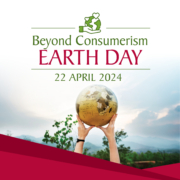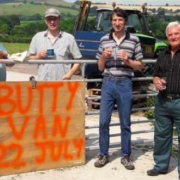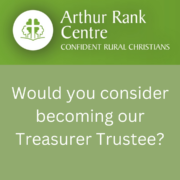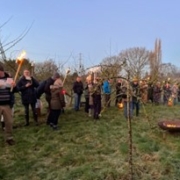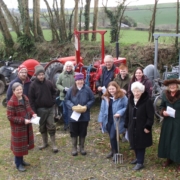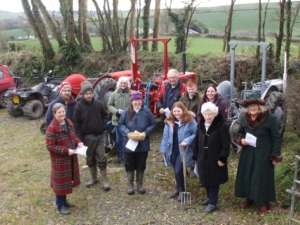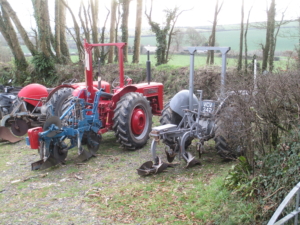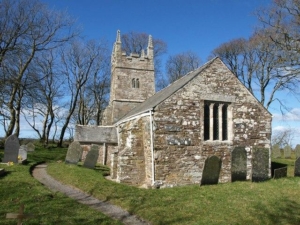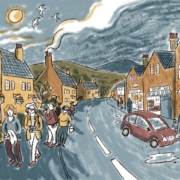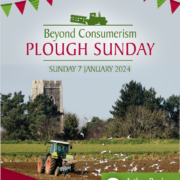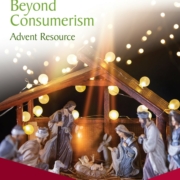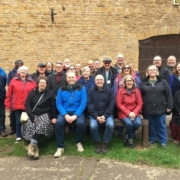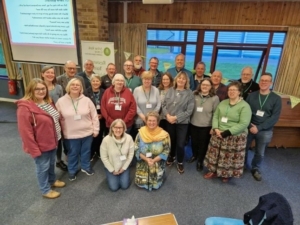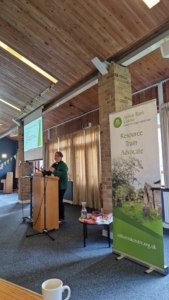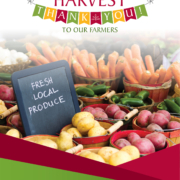New research makes recommendations for responding to rural hidden hardship
What comes to mind from rural hardship? Most likely not an image of the Cotswolds. The North Cotswolds are more often associated with tourism and affluence, however, there is a significant minority of people experiencing hardship. When hidden by affluence, hardship is not always sufficiently understood and addressed by policymakers and community leaders.
A research project by Dr Stephanie Denning at Coventry University funded by the British Academy and Leverhulme Trust has sought to better understand hardship in the North Cotswolds: people’s experiences of rural hardship, coping strategies, and barriers to improved wellbeing.
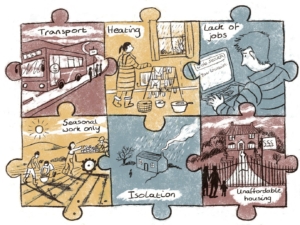
The jigsaw of rural hardship.
Credit: Hidden Hardship and Beth Waters
What did the research involve?
The research took place in 2023 with people experiencing and/or responding to hardship in the rural North Cotswolds in south-west England. The research was formed of 2 stages with 24 participants:
1) Time spent at community groups and gatherings with 22 interviews undertaken with people experiencing and/or responding to hardship.
2) 12 go-along interviews and 3 sets of diaries written by people experiencing hardship.
The research took place in a largely representative rural town and a rural village in the North Cotswolds. At the request of some of the research participants, the town and village are not named.
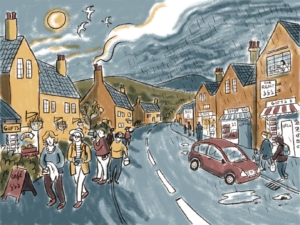
Inequality in the Cotswolds.
Credit: Hidden Hardship and Beth Waters
What did the research find?
Rural hardship in the North Cotswolds is often hidden because of inequalities and the relative affluence experienced by the majority, and the high levels of tourism in the area.
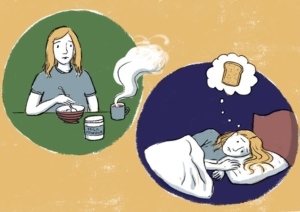
Kate’s experience of hardship and hunger.
Credit: Hidden Hardship and Beth Waters
Associated with this, some participants felt stigma and shame in hardship:
“It’s embarrassing… in the area that we live in, I think to put your hands up and say, I’m really struggling here…
you feel judged. Whether you are or not, I don’t know.”
(Julie, local resident, interview, 2023)
The research found that hardship can be defined as struggle and tough times, reflecting daily struggle more than one-off ‘emergency’ situations.
“I often found it cheaper to just buy powdered milk and cereal for myself which made me feel quite low…
Have struggled to sleep some nights because I’ve been hungry. Soup and shakes aren’t always very filling.”
(Kate, local resident, diary, 2023)
Rural hardship is not the same as urban hardship. The causes of rural hardship can be summarised as ‘lacks of’ including government support and investment, employment, transport.
In people’s coping strategies, huge importance was given to informal support networks with friends and families, in addition to support offered by local groups although these could be difficult to access with limited transport options and a fear of stigma.
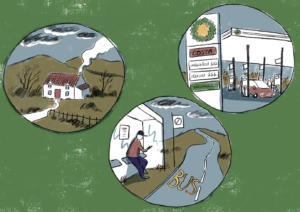
Barriers to wellbeing included isolation, cost of private transport, and lack of public transport.
Credit: Hidden Hardship and Beth Waters
Barriers to improved wellbeing were to some degree perceived as outside of people’s control, which makes it difficult for people to envisage hardship improving. These included the ‘lacks of’ such as problems with transport, lack of government support and investment, and stigma/shame linked to inequality.
Hidden Hardship research recommendations:
The research’s Report for Policymakers and Community Leaders concludes with five recommendations which are summarised here:
(see the full report for more details)
1. There need to be more tailored national government and national voluntary sector responses to rural hardship.
• Rural and urban hardship are not the same and each pose different challenges.
2. More government and voluntary sector support is needed for individuals experiencing daily rural hardship including within the welfare state to address the high cost of rural living.
• Regular Job Centre benefit appointments need to either take place at a location closer to where people live than the nearest city, or have the option to be carried out remotely for example over the phone.
3. Rural residents need support accessing transport to get to medical appointments at GP surgeries and hospitals with local GP practices/branches re-opening and/or staying open.
• Many of the research participants living in hardship experienced challenges with their physical and/or mental health. Many had difficulty accessing medical appointments to improve their health.
4. Local organisations and leaders (including Church leaders) should raise awareness in the general population in rural areas such as the North Cotswolds that people are experiencing hardship, and sensitively give a voice to people experiencing hardship to share their experiences.
• Rural hardship in the North Cotswolds is often hidden for the wealthier majority. This is played out in the contradiction of the strength and support of rural communities but with people in hardship experiencing or fearing stigma and shame.
5. The ‘lacks of’ that cause and affect rural hardship need to be addressed in local and national government planning, notably public transport/infrastructure, affordable housing, and amenities.
• These need to be shown to local residents to be possible to change and influence, rather than being outside of people’s control making it difficult to envisage a more positive future.
Want to know more?
For more information including the full Report for Policymakers and Community Leaders and accompanying briefing, visit https://hiddenhardship.coventry.ac.uk/ or email Dr Stephanie Denning at stephanie.denning@coventry.ac.uk
You can visit the Hidden Hardship Exhibition at Coventry Cathedral from 30th January to 26th February 2024.

